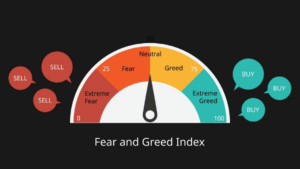Financial Derivatives
Financial derivatives are financial instruments that are derived from other assets, such as stocks, bonds, currencies, commodities, or real estate. They are typically used to manage risk or speculate on the movement of underlying assets.
There are many different types of financial derivatives, including forwards, futures, options, swaps, and contracts for difference (CFDs). Here is a brief overview of each:
- Forwards: A forward is a contract in which two parties agree to buy or sell an asset at a specified price on a future date. Forwards are typically used to hedge against price fluctuations or to take advantage of anticipated price movements.
- Futures: A futures contract is similar to a forward, but it is traded on a futures exchange and is standardized in terms of the quantity, quality, and delivery date of the underlying asset. Futures are often used for speculation or hedging.
- Options: An option is a contract that gives the holder the right, but not the obligation, to buy or sell an asset at a predetermined price on or before a specified date. There are two types of options: call options, which give the holder the right to buy the underlying asset, and put options, which give the holder the right to sell the underlying asset. Options are often used for speculation or to hedge against potential price movements.
- Swaps: A swap is a financial agreement in which two parties exchange cash flows or other financial instruments based on a set of predetermined terms. Swaps are often used to hedge against interest rate or currency exchange rate fluctuations.
- Contracts for difference (CFDs): A CFD is a contract between two parties that allows them to speculate on the price movement of an underlying asset without actually owning the asset. CFDs are often used for speculation or hedging.
Financial derivatives can be complex and carry significant risks, so it is important for investors to understand how they work and to carefully consider the potential risks and rewards before entering into a derivative transaction. Derivatives can be a useful tool for managing risk and taking advantage of market opportunities, but they can also be highly volatile and expose investors to significant losses if not used properly.











